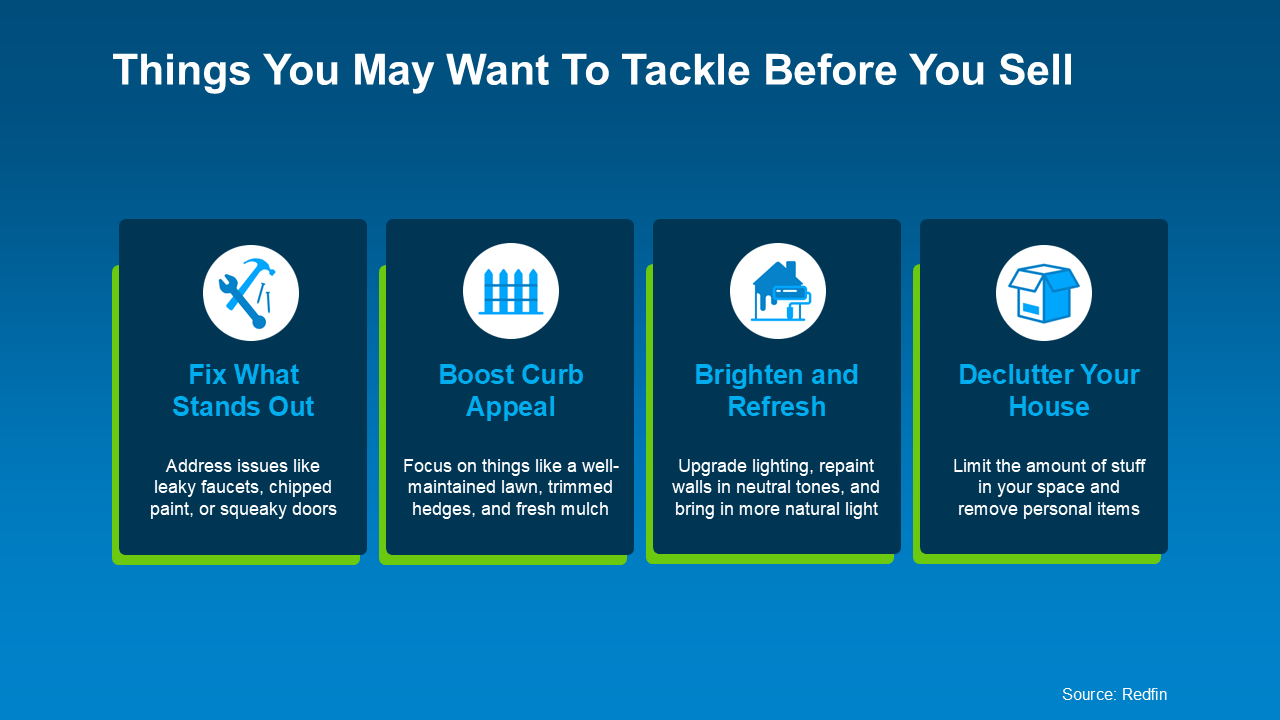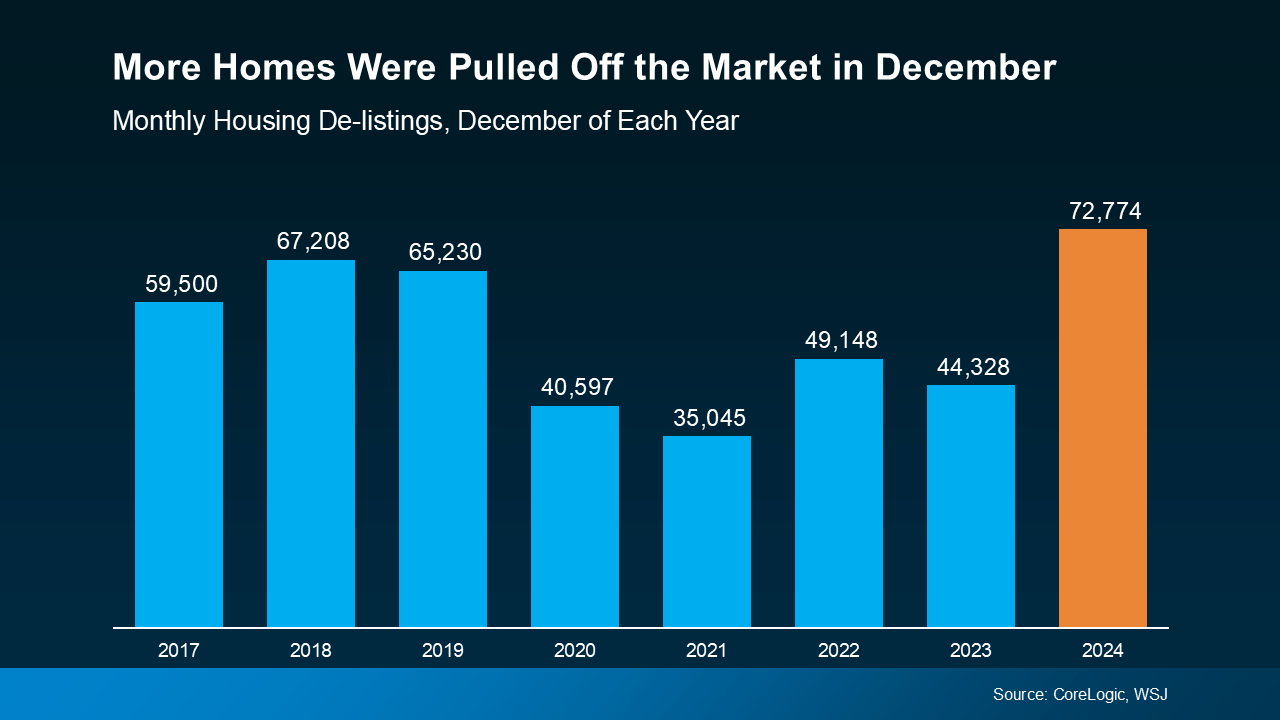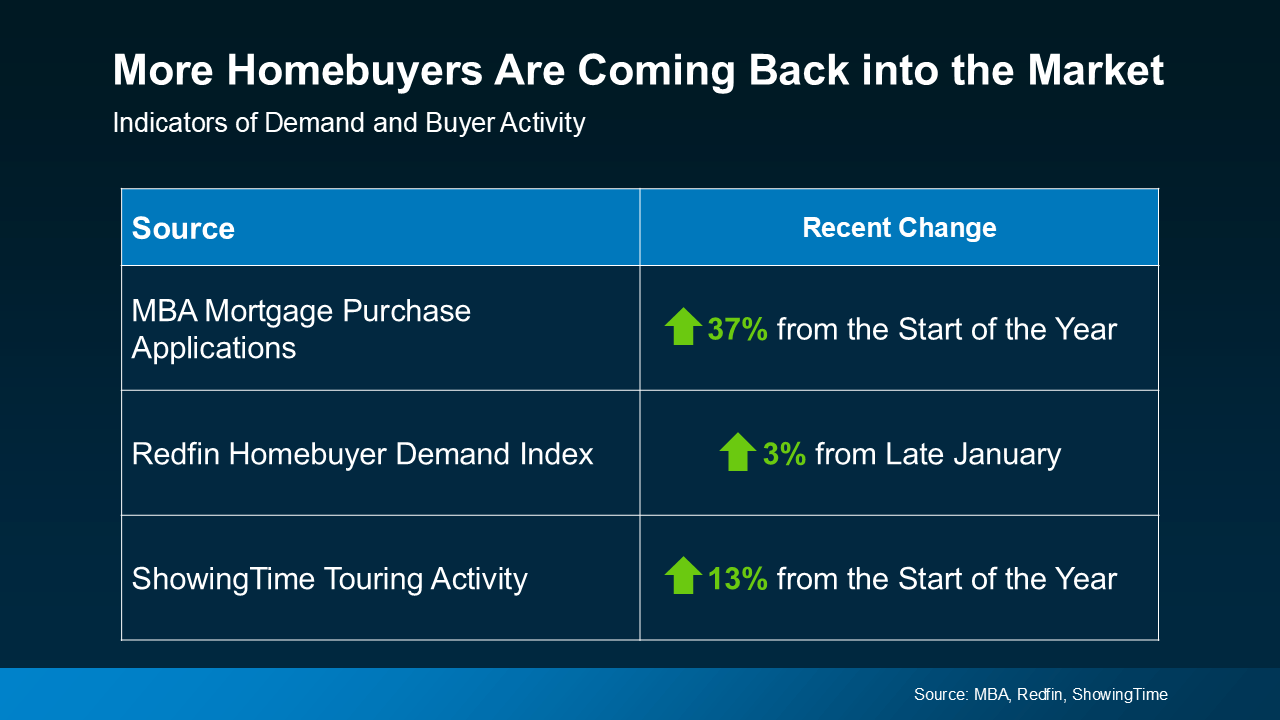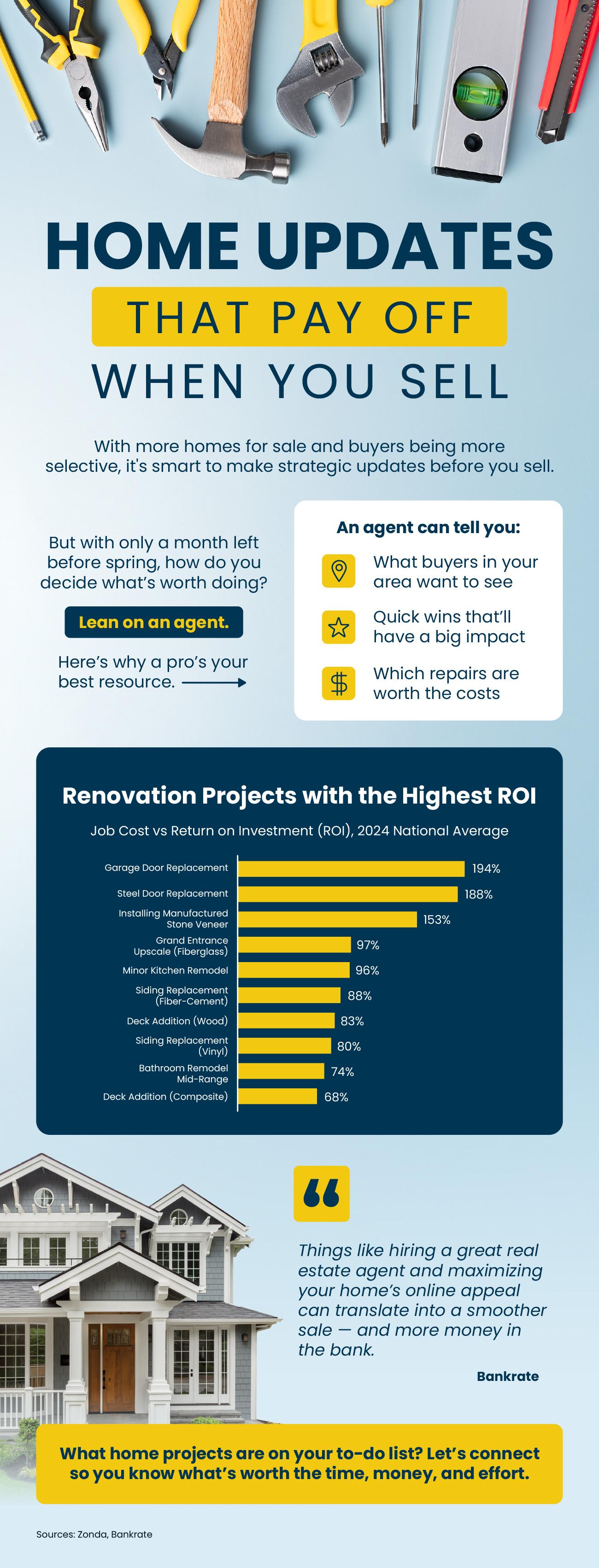
The Best Week To List Your House Is Almost Here – Are You Ready?

If selling your house is on your to-do list this year, the time to start prepping is now. That’s because experts say the best week to list your house is coming up fast.
A recent Realtor.com study analyzed years of housing market trends (excluding 2020 since it was an outlier) and found that April 13–19 is expected to be the ideal window to put your house on the market this year:
“. . . we’ve identified April 13-19 as the best week to list for sellers . . . a seller listing a well-priced, move-in ready home is likely to find success. Because spring is generally the high season for real estate activity and buyers are more plentiful earlier rather than later in the year, listing earlier in the spring raises a seller’s odds of a successful sale.”
What Makes This Week Stand Out?
As the quote mentions, spring is almost always a strong season for sellers. But this particular week could give you an even bigger advantage this year. Realtor.com goes on to say what listing during this sweet spot could mean for you:
- More buyers looking at your home since demand is high this time of year.
- A faster sale since serious buyers are eager to move before summer.
- A better chance of selling for top dollar. According to the study, you could get an average of $4,800 more this week (and $27,000 more than you would earlier in the year).
If You Want Your House on the Market for that Window, Act Now
With just a few weeks left before this prime listing window, you’ll need to make a plan to work smart and act fast. That’s where working with a great real estate agent comes in. They can help you:
- Figure out exactly what you need to do to get your house ready.
- Prioritize the tasks that’ll make the biggest impact in the shortest time.
- Decide if there are any quick fixes or small upgrades that could help you attract buyers.
Assuming your house is already in good shape, your focus should be on quick, high-impact updates. As Investopedia explains:
“You won’t have time for any major renovations, so focus on quick repairs to address things that could deter potential buyers.”
Here are a few examples of small projects that can make a big difference according to Redfin:
What If You’re Not Ready Just Yet?
Don’t worry – it’s okay if you don’t think you’ll be ready for this week. Just because April 13–19 is projected to be the ideal week by Realtor.com, that doesn’t mean it’s the only good time to sell. Even if you need a bit more time to get your home list ready, there’s still plenty of opportunity this homebuying season.
Bottom Line
If you’ve been waiting for the right time to sell, this could be it. But timing isn’t the only thing that matters – how well you prep and price your home is just as important.
What’s one thing you’d need to do before you’d feel ready to list? Connect with an agent to figure out the best plan to make it happen.


















